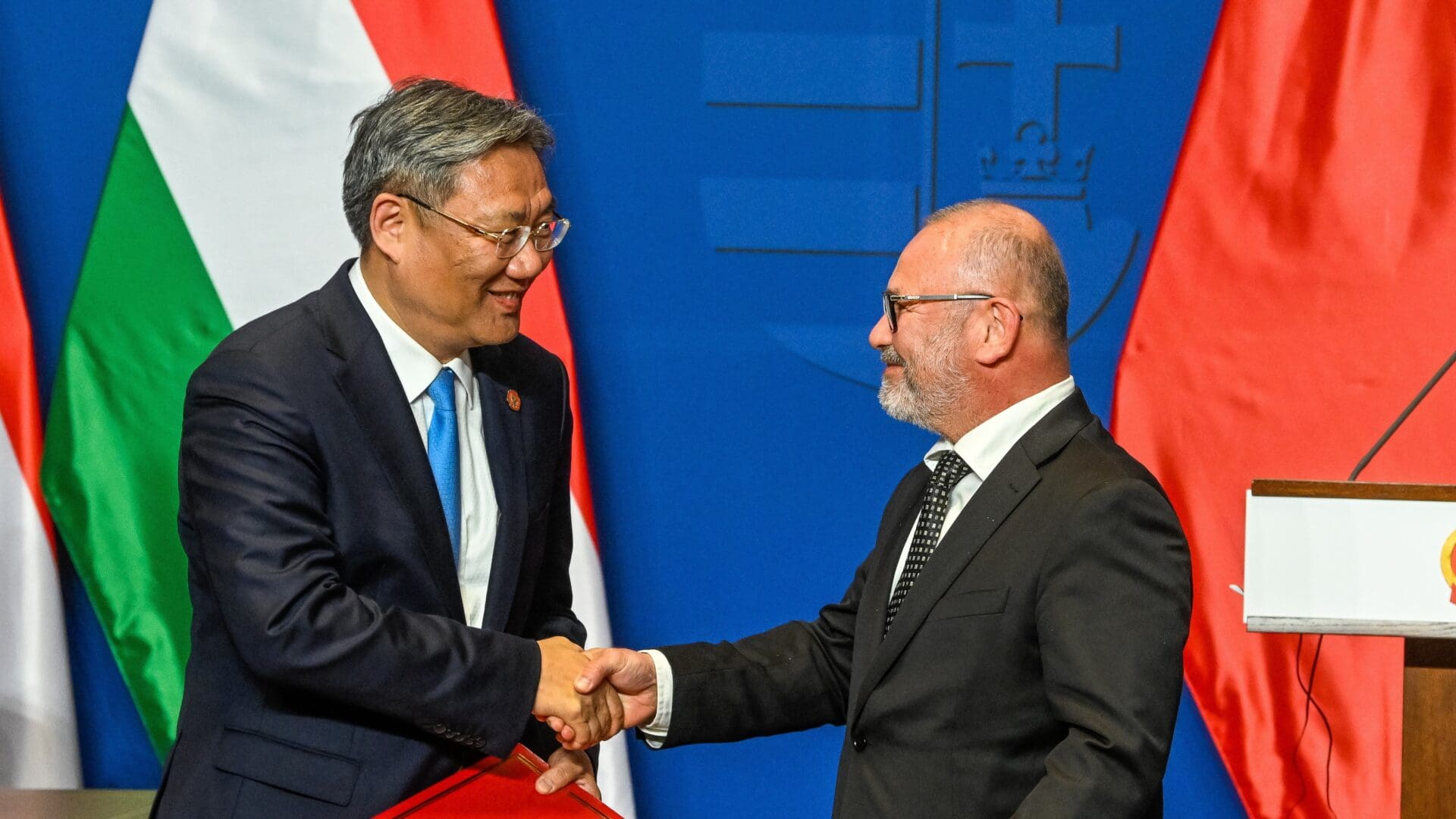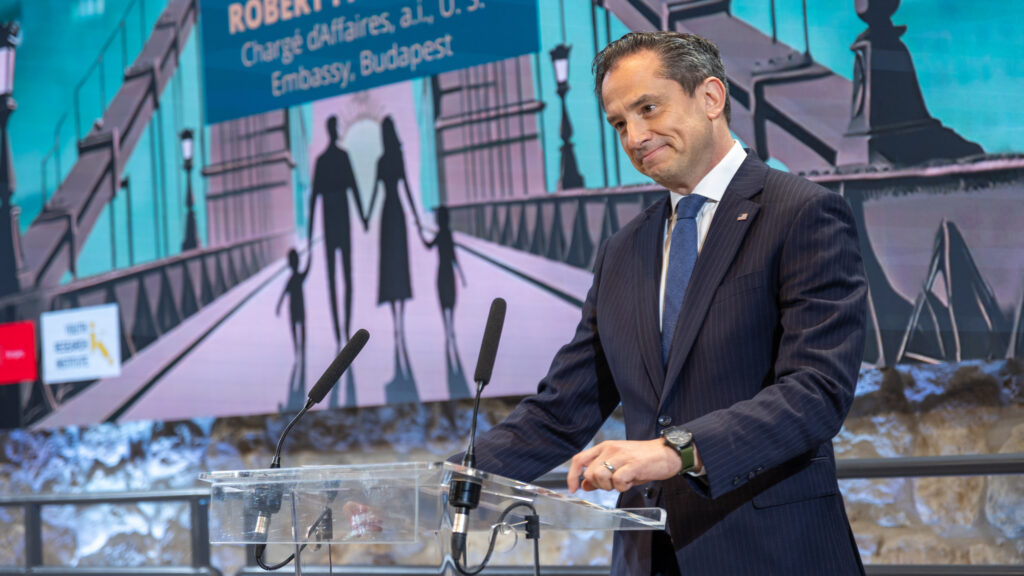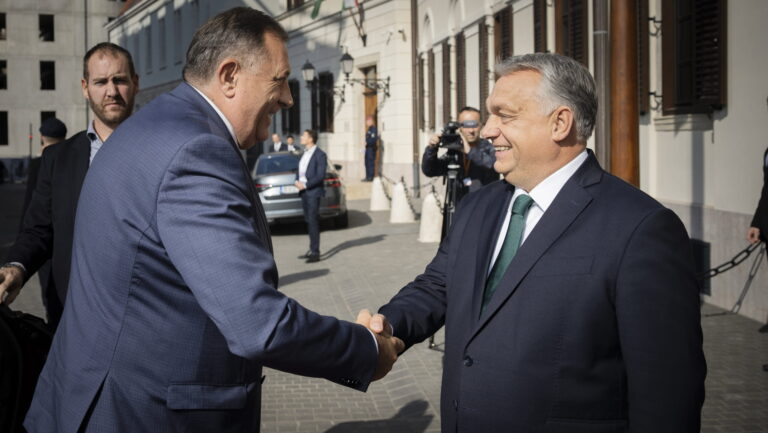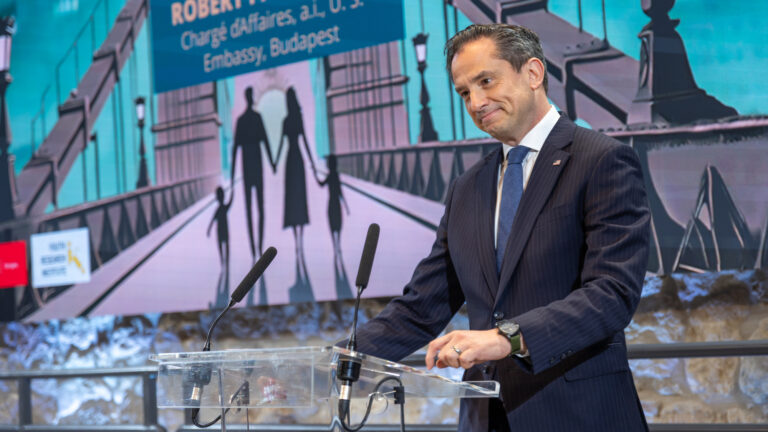According to Energy Minister Csaba Lantos, the future belongs to green energy, which is why Hungary is becoming a meeting point for the most advanced Western and Eastern technologies, as reported by hirado.hu on Friday.
In an interview with public media news website hirado.hu, the minister stated that the future is green energy, and China can assist Hungary in this transition. Hungarian companies will collaborate with Chinese partners in clean energy and sustainable energy production, as well as green technology innovation.
He noted the importance of so-called pumped-storage power plants. With the involvement of Chinese engineers, they are seeking a suitable location for at least one such plant. The technology involves using cheap surplus electricity, which can come from solar panels, to pump water from a lower to an upper reservoir, which can then be released to generate electricity later with relatively low losses.
The bilateral agreements also cover nuclear research and development, training cooperation, expanding the electric vehicle charging network, and
examining the possibility of creating a critically important connection between the Hungarian and Serbian oil pipeline systems,
as reported by hirado.hu. The minister also mentioned that, as the rotating EU president, Hungary will not compromise on the member states’ authority to determine their own energy mix. The Hungarian government will protect the utility cost reduction policy, which guarantees the lowest electricity and gas prices in Europe for Hungarian families. Instead of an overdriven green ideology, the government is committed to the rational production and storage of green energy. The government also aims to facilitate the realization that rapid expansion of weather-dependent producers must be matched by modernization of the electricity grid.
Regarding the potential ban on Russian LNG imports in a new sanctions package, he pointed out that similar measures have been largely ineffective. Overall, Europe has swapped its dependence on Russian energy for American energy. Hungary is actively seeking new sources, with natural gas potentially coming from Azerbaijan, Türkiye, and Qatar. They are increasing domestic production, and the roughly 20 per cent lower consumption further strengthens supply security.
On the necessity of battery factories, he said action must be taken to reduce greenhouse gases and carbon dioxide due to global warming. Hungary is progressing well, having achieved a 37 per cent reduction by 2022 compared to the 1990 baseline. Encouraged by this, they have raised the previously planned 40 per cent target by 2030 to 50 per cent.
Regarding the new home renovation programme, which will allow for insulation, window replacement, and heating modernisation of family houses built until the end of 1990, he said the programme’s website will be launched at the end of May. Applications can begin in June at MFB Bank Pont Plus network branches. One condition is achieving 30 per cent energy savings, for which the homeowner must obtain an energy certificate from an expert. The maximum investment value supported is 7 million forints, with citizens required to provide 1 million forints in equity. Depending on the applicant’s financial situation, the non-refundable amount can be between 2.5 and 3.5 million forints, with the remainder being interest-free loans. The programme will strengthen Hungary’s energy sovereignty by reducing consumption, generate investment needs worth about 130 billion forints, boost the construction industry, and help restart the economy, Csaba Lantos said.
Related articles:
Sources: Hungarian Conservative/hirado.hu








